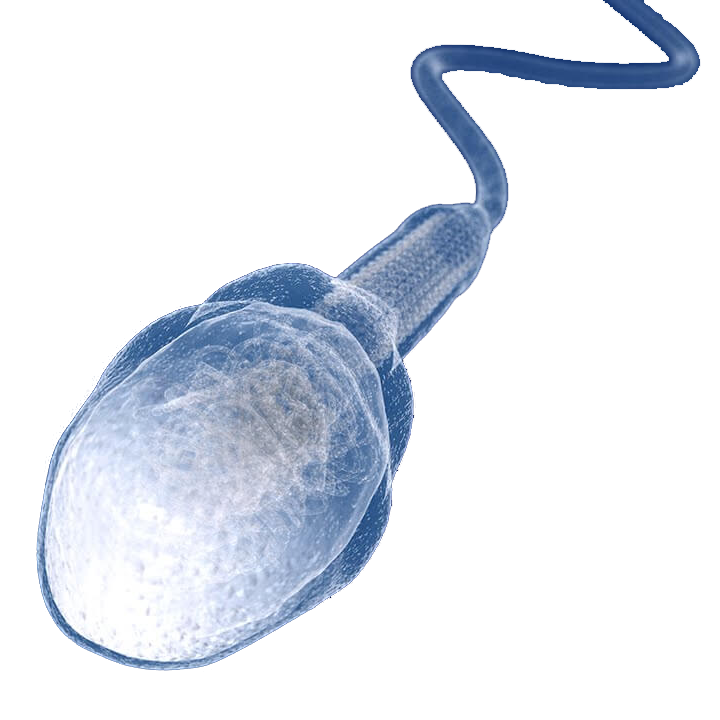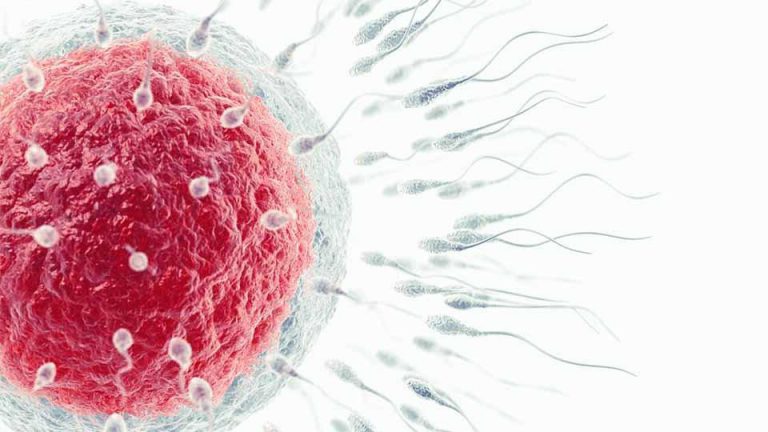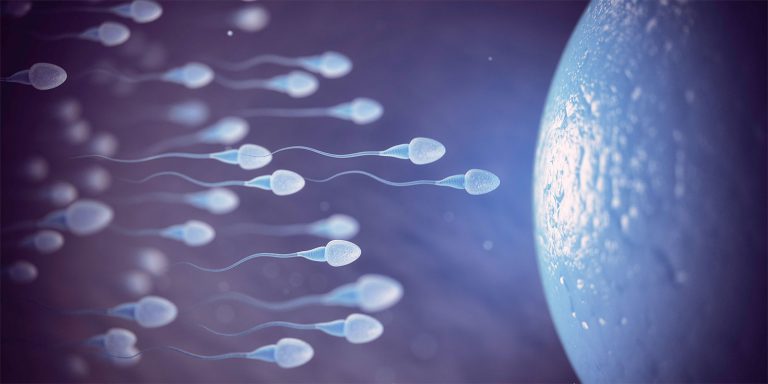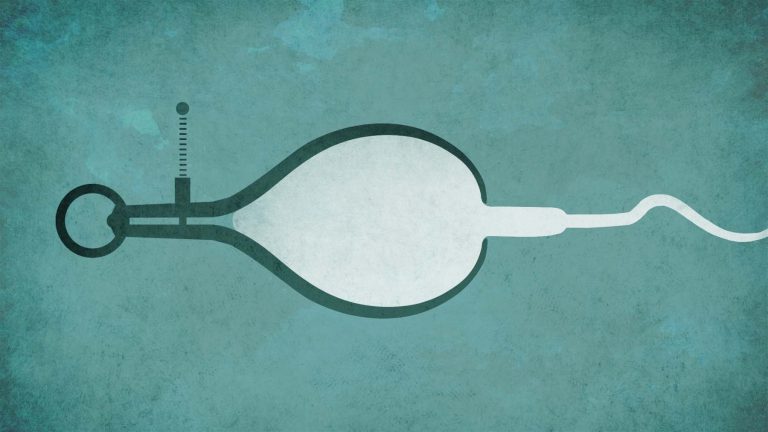Path Fertility and its partners presented innovative male fertility research at the American Society of Reproductive Medicine’s annual Congress & Expo. The 2023 conference, held in New Orleans on October 14-18, brought together leading experts in the field to delve into the latest advancements in reproductive endocrinology and infertility, genetics, male reproduction, access to care, and mental health, among other critical topics. Path’s sessions showcased discoveries that encompassed:
- An epigenetic biomarker predictive of sperm quality that could change how we identify subfertile men
- An epigenetic-based and non-invasive test to predict TESE and mTESE outcomes that could help improve success rates
- Low fertilization rates in matched donor egg cycles indicate that a stronger focus on male factor infertility is needed
Find more comprehensive details about each study below.
Prospective Analysis of an Epigenetic Biomarker Predictive of Sperm Quality
Presented by: Kristin Brogaard
Additional Authors: Ryan Miller, Matthew VerMilyea, Larry Lipshultz, Andy Olson, Jordan G. Kassab
Published in Fertility and Sterility
Recent developments in male fertility research are leading to a shift from traditional semen analysis as the sole diagnostic tool. Our collaborative study involved the NIH, the University of Utah, and Brigham Young University. The results shed light on the potential of epigenetics, particularly DNA methylation, in predicting male fertility outcomes. This retrospective cohort study, conducted in fertility care centers, highlights two key findings. Firstly, DNA methylation variability at gene promoters can significantly enhance the predictive capabilities of traditional semen analysis, offering a reliable biomarker for assessing the outcomes of intrauterine insemination (IUI). Secondly, in vitro fertilization, especially with intracytoplasmic sperm injection (ICSI), appears to overcome the challenges associated with high levels of epigenetic instability in sperm.
This research is vital as it challenges the longstanding reliance on basic semen analysis for evaluating male fertility. While semen analysis and DNA fragmentation testing have contributed to our understanding, their limitations persist. The introduction of DNA methylation as an assessment tool may revolutionize how we approach male infertility, providing a more nuanced and precise evaluation. The epigenetic Sperm Quality Test (SpermQT), born from this study, complements traditional semen analysis, offering a broader perspective on male fertility potential. This holistic approach could help identify subfertile men who might have gone undiagnosed and guide clinicians in offering more accurate treatment recommendations. It may even pave the way for future infertility treatments, marking an exciting chapter in the field of male fertility assessment.
A Novel Epigenetic-Based Test to Predict TESE and mTESE Outcomes
Presented by: Kristin Brogaard
Additional Authors: Larry Lipschultz, Andy Olson, Ryan Miller, Tim G. Jenkins
Published in Fertility & Sterility (SMRU Prize Paper Award)
One specific area of male infertility that remains underexplored is non-obstructive azoospermia (NOA), affecting approximately 40 million men globally. In cases of NOA, an invasive procedure called microscopic testicular sperm extraction (mTESE) can isolate sperm directly from the testes. Despite its potential to provide men with an opportunity to conceive using their own sperm, mTESE procedures are cost-prohibitive. With an average out-of-pocket expense of $12,000, the procedure is unsuccessful in locating sperm in 40-50% of cases. The lack of tools to predict mTESE success contributes to disappointing outcomes and significant medical bills.
Consequently, our research is underway to develop a noninvasive, semen-based technique to predict the presence of sperm in the testicle. This innovative approach identifies sperm-derived cell-free DNA (cfDNA) by examining specific DNA methylation patterns in testicular tissue or semen. Preliminary findings demonstrate that assessing sperm-derived DNA percentages in testicular biopsies and seminal plasma can reliably predict the success of sperm extraction, offering hope for more effective treatments and reducing the physical and financial burdens faced by patients.
When is it the Sperm’s Fault? The Incidence of Low Fertilization in Matched Donor Egg Cycles
Presented by: Denny Sakkas
Additional Authors: Wayne Caswell, Andy Olson, Heidi Hayes, Kristin Brogaard
Published in Fertility and Sterility
This study investigated the allocation of donor frozen oocytes to multiple couples, revealing a significant revelation in the field of infertility assessment. The research focused on cases where 4 or more donor oocytes underwent intracytoplasmic sperm injection (ICSI) in a single donor egg bank between April 2014 and August 2021. Among 200 cases analyzed, 21.5% exhibited a fertilization rate of 40% or lower, and 10.0% had a fertilization rate of 30% or lower. An important insight emerged when comparing 26 of these low fertilization rate cases to other cases using the same donor egg lot, but with different sperm sources.
Astonishingly, all concordant cases with the same egg lot displayed high fertilization rates. Therefore, the low fertilization rates were attributed to the sperm source, not the quality of the eggs. This discovery underscores the need for a stronger focus on male factor infertility and improved semen diagnostic tests, as up to 10% of infertility cases could have an underlying male-related diagnosis, emphasizing the importance of considering male factors in infertility assessments instead of solely attributing infertility to egg-related issues.
This study has profound implications for the field, suggesting that male factors, independent of egg quality, might underlie a significant portion of infertility cases. It emphasizes the necessity of developing more effective semen diagnostic tests to ensure that couples are not prematurely directed towards female-focused treatment options when the root cause of infertility may predominantly be related to male factors. This groundbreaking research paves the way for a more comprehensive and balanced approach to infertility diagnosis and treatment, ultimately improving the prospects for couples struggling with fertility issues.
Other Insights
Throughout the conference, a wealth of cutting-edge research was unveiled beyond Path Fertility’s findings, offering valuable insights for the progression of reproductive medicine. Spanning a diverse array of topics, these presentations ranged from innovative discussions on effective communication with patients about genetics and strategies for diversifying the reproductive medicine workforce, to the intricate realm of human genome editing and the imperative matter of fertility preservation for transgender individuals. The conference covered an extensive spectrum of crucial subject matter, so below we highlight a selection of outstanding presentations.
Presented by Marisa Bartolomei, University of Pennsylvania
This keynote explored the use of a mouse model to study the epigenetic and physiological effects of Assisted Reproductive Technology (ART) procedures. Researchers found that these procedures can lead to epigenetic dysregulation and placental abnormalities in mice. Specifically, the lecture discussed the outcomes of using trophectoderm biopsy in conjunction with in vitro fertilization (IVF).
Presented by Kajal Khodamoradi, University of Miami Miller School of Medicine
This presentation examined the differences in semen microbiome profiles between men with non-obstructive azoospermia (NOA) and fertile controls. Through next-generation sequencing, researchers identified variations in bacterial species. Notably, NOA men showed differences in the abundance of certain bacteria compared to fertile men, suggesting that the semen microbiome may play a role in male infertility.
Presented by Peter N Schlegel, Weill Cornell Medicine; Dolores J. Lamb, Weill Cornell Medical College; Amin S. Herati, John Hopkins University School of Medicine
This session focused on optimizing outcomes for male factor infertility. It addressed the importance of surgical sperm retrieval for male patients and how it affects Assisted Reproductive Technology (ART) success. The talk also provided insights into distinguishing obstructive from non-obstructive azoospermia and reviewed various techniques for sperm retrieval, emphasizing best practices for processing testicular tissue in the andrology lab.







